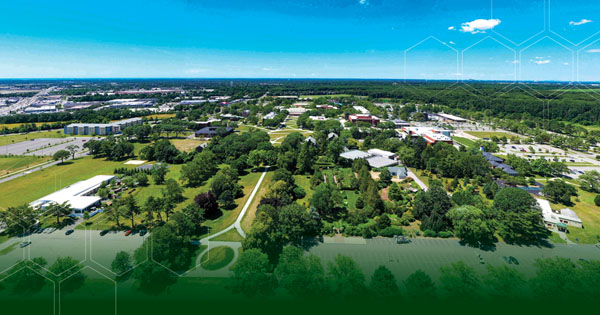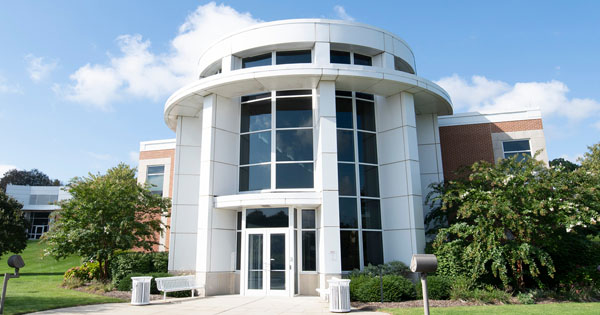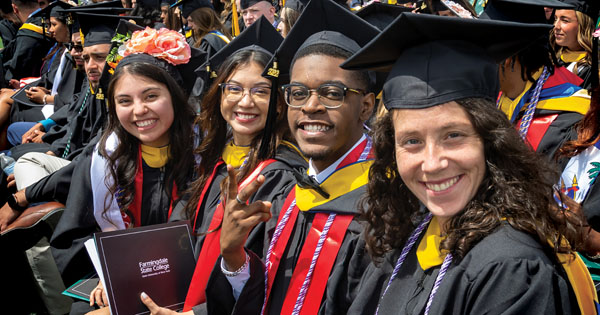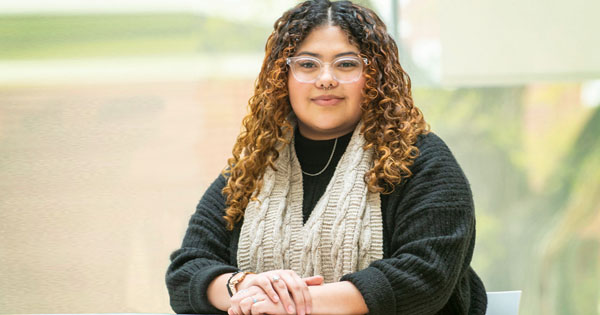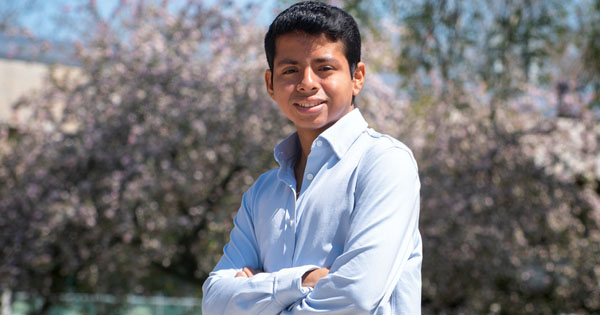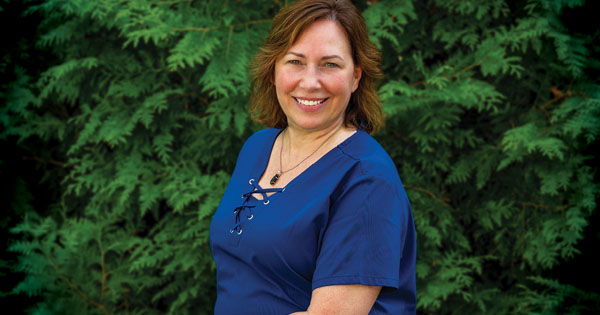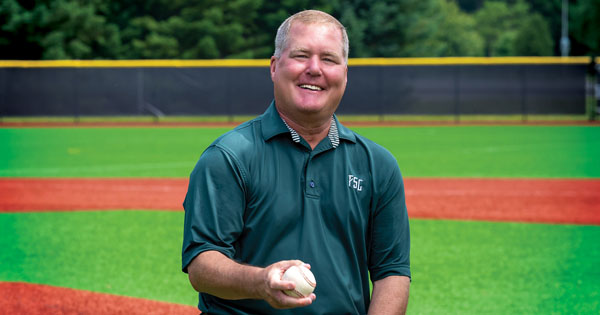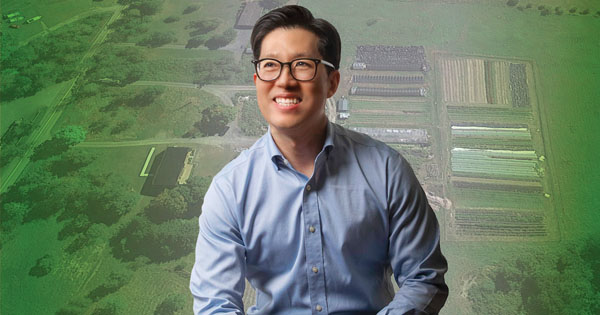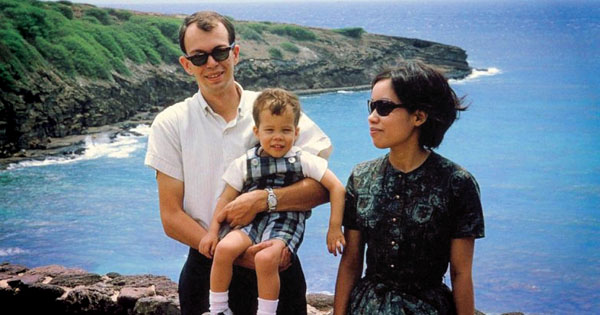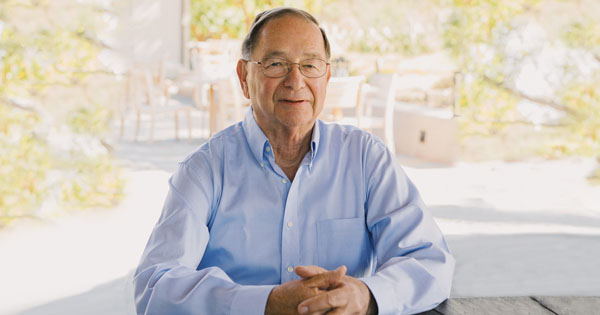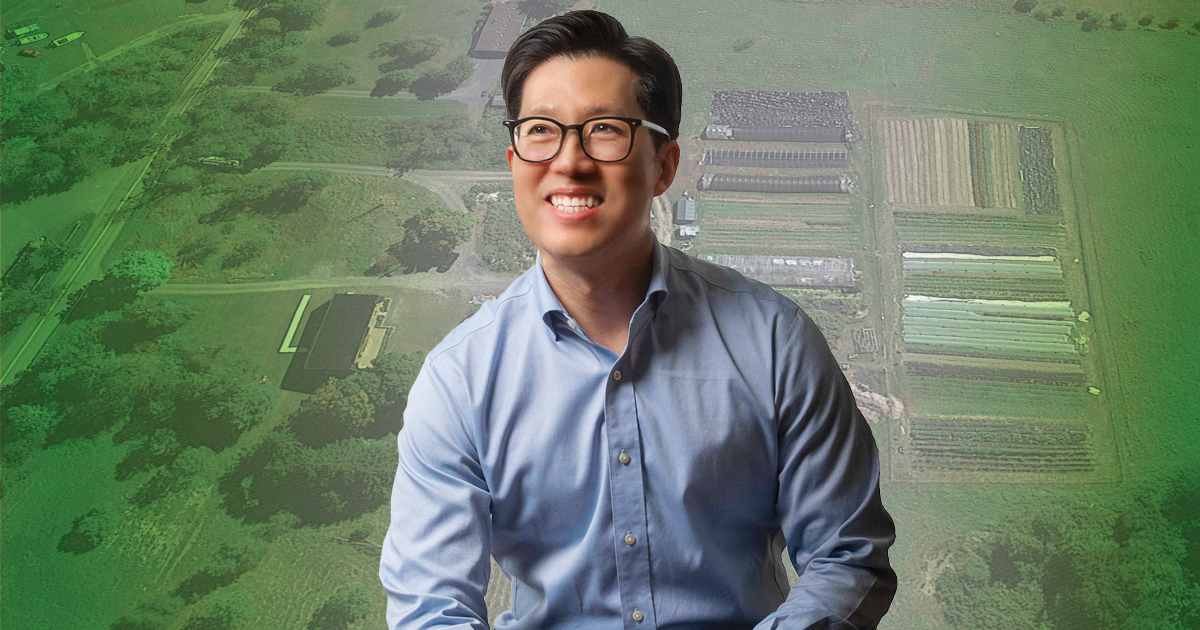Architecture and food systems may not connect in everyone’s mind, but to FSC Architecture Professor Eugene Kwak, it’s a connection more people need to make.
A few years ago, Kwak began researching food systems, regional food access, and the dwindling number of farmers and saw a crisis in the making, even before the coronavirus pandemic. Living in New York City, Kwak and his wife got hooked on fresh produce from upstate.
He spent two years volunteering weekly with two nonprofit agencies supporting farming, agriculture, and education. Kwak also was a student of regenerative food systems and the state’s farming culture.
“I love the outdoors; I feel better when I am connected to nature. I volunteer at a farm in upstate New York, so I understand the challenges facing farmers,” Kwak said. “They still need farming hands. The dire problem facing farmers is the number of old farmers and fewer young farmers.”
As part of his most recent project, “Togather,” Kwak bought land in upstate New York, built a two-family house, and found a farming family through New York Farm Finder, a website that matches potential farmers with farmland, to live in one of the house units. Kwak stays in the other part of the house on weekends and vacations to help on the farm. The family has a 30-year free land lease and pays rent for the house. While Kwak helps on the farm, his wife is involved with fundraising.
so I understand the challenges facing farmers.
His interests in the food system and climate change also inspired him. “How food is grown impacts the environment; corn, soy, and meat make a huge contribution to climate change because of the way they are produced,” Kwak noted. He also began to focus on climate change from an architect’s perspective. “Data shows that buildings contribute to greenhouse gases and to what is happening in the environment,” he said. “Architects are pledging to build more sustainable buildings. As an architect, I can use my skill set to create a new model." Kwak is a licensed architect and an Assistant Professor in FSC’s Department of Architecture & Construction Management.
Since he described to his classes how he built the house, students have been much more engaged, Kwak said. “The house has a lot of green and sustainable components, which we talk about. Anything unconventional is cool. It’s an inspiring, motivating story. They can see how they can use their skills for a greater purpose. Students have become more productive because not only are they building buildings, but they see they can have a greater impact.”
During a summer project, some students worked with the Horticulture Department and designed outdoor furniture that included raised plant beds as a way to incorporate nature.
Now in its third season, Hidden Acre Farm is a regenerative farm without fossil fuels, fertilizer, or power tools. “It’s healthier for consumers and the environment,” Kwak noted. “They are reintroducing natural habits that capture carbon and they also are stimulating the local economy.” The farm’s revenue has been increasing since 2019. Besides hiring local people, the farm also donates surplus produce. Every Sunday, the family drives to Brooklyn to sell their harvest.
As a member of the American Farmland Trust, Kwak thinks all property owners should be better educated about what is involved with farming. “The farm can become a venue to test different ideas, such as solar panels,” he noted.
While landowners and farmers haven’t always had the best relationships, Kwak is hopeful that other property owners will follow his example and invite farmers to use their land and help combat climate change.



